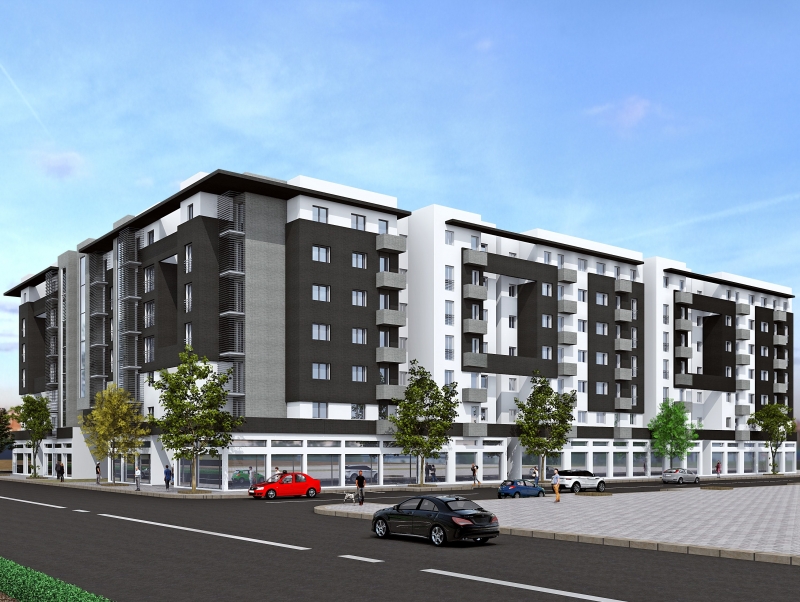PEEB is working with private sector real-estate companies to meet the standards of the Moroccan Building Energy Efficiency Code (RTCM). For five residential building projects located in different climate zones, ambitious energy efficiency measures were identified so that these projects ensure energy performance levels that are in line with the RTCM and beyond. To identify the optimal energy performance level, PEEB provides real-estate companies with an incremental cost-impact analysis to highlight the potential competitive and environmental advantages of energy-efficient residential buildings. Companies aim to generalise these measures across their projects, using either own project holder financing, national or international financing.
The selected residential building projects vary from social housing and mid-income housing to self-assisted constructions. The energy performance of these building types has the potential to exceed the minimum requirements of RTCM by up to 30% only by applying energy efficiency measures to the building envelope.
Morocco's building code has been in force since 2015, but its application by the private sector is improvable. The absence of technical capacities, financial incentives and effective conformity checks prevent the private sector from complying with current regulations. This complements PEEB's support of the National Alliance of Buildings for the Climate in a joint effort with institutional partners in Morocco to raise the involvement of the private sector in a low-emission buildings and construction sector.


 more
more